Pilot to gather information regarding patient concerns following surgery for lung cancer and to assess uptake for holistic needs assessment (HNA) within this group
Category: Treatment
The problem identified
All lung cancer patients should be offered a HNA post primary treatment. The Macmillan lung nurse specialists felt that there was less support available for the surgical group of patients as they are not always present in the surgical clinic, because of other clinics running in parallel.
The intervention made to change the problem
We offered an HNA to the first 8 patients from March 2012 who had had surgery for lung cancer. All patients had been seen as outpatients by the thoracic surgical team post-operatively. Three patients accepted HNA, and 4 declined. Of the 4 patients who declined, 2 were going to have adjuvant chemotherapy and the other 2 felt that it wasn't needed. One patient was considering whether to complete an HNA.
Of the 3 patients who accepted HNA, one patient had the Macmillan lung nurse specialist (MLNS) present at the time of diagnosis, one patient had contact with a CNS during the investigative period before the cancer was diagnosed and one patient had had no contact with the MLNS at all. The time interval from surgery to HNA was 6 to 12 weeks. For all 3 patients the assessment was performed using the paper format of the patient concerns checklist. The initial scores of the 3 patients on the distress thermometer were two at score 6, and one at score 7. The main concern for each of the 3 patients was shortness of breath on exertion, shortness of breath on exertion and reduced activity levels, and being unable to go outdoors without others. Other concerns raised were excessive thirst, money worries, difficulty bathing, inability to cut their toenails, memory problems and wound care. All 3 patients appeared to value the HNA and reported less distress when phoned a month after HNA. When asked all felt that post-op lung cancer patients should be offered an HNA as a matter of routine. The sample size was too small to identify common themes in relation to patient concerns, and it also suggested that CNS support was variable. More work in this area would be valuable to assess the need for an HNA in this setting with a larger sample group.
How it changed my practice
Currently, patients who have had surgery for lung cancer are now routinely discussed on the MDT before their initial post op review by the surgeon. Any of these patients who are missed by the Macmillan lung nurse specialists in clinic are added to the nurse led telephone clinic so they can be contacted by phone to be offered a post-op HNA appointment.
For the future, it was suggested considering contacting post-op patients 2-3 weeks post discharge (i.e. before review by the surgeon) to offer support and to offer HNA appointment following review by surgeon.
This audit suggested that contact with the Macmillan lung nurse specialist was variable, as one patient had had no previous contact with a Macmillan lung nurse specialist. This was also found to be the case in a more recent audit looking at uptake of holistic needs assessment in newly diagnosed lung cancer patients. Now all newly diagnosed lung cancer patients, and post-op lung cancer patients are identified at the x-ray meeting and MDT. After the rapid access clinic, we check to see which patients have been seen and if any have been missed. Any post-op and newly diagnosed patients who are missed are booked into the nurse led telephone clinic so they can be contacted to offer support and an HNA appointment.
